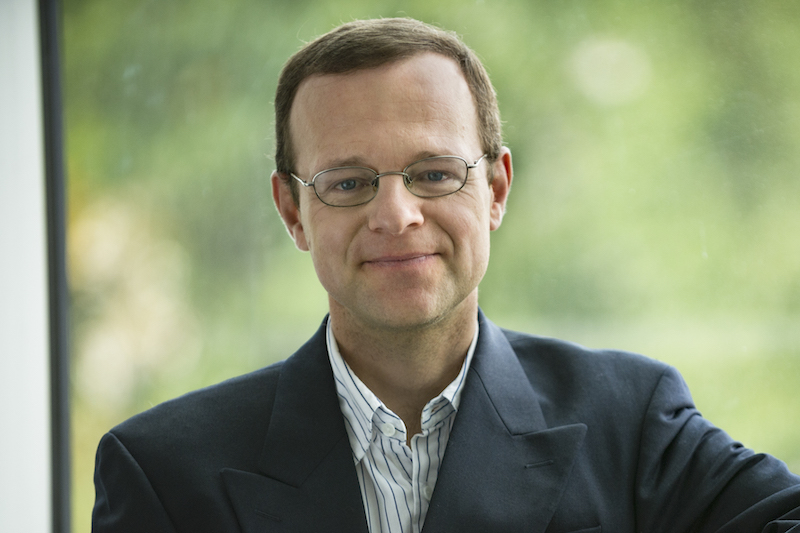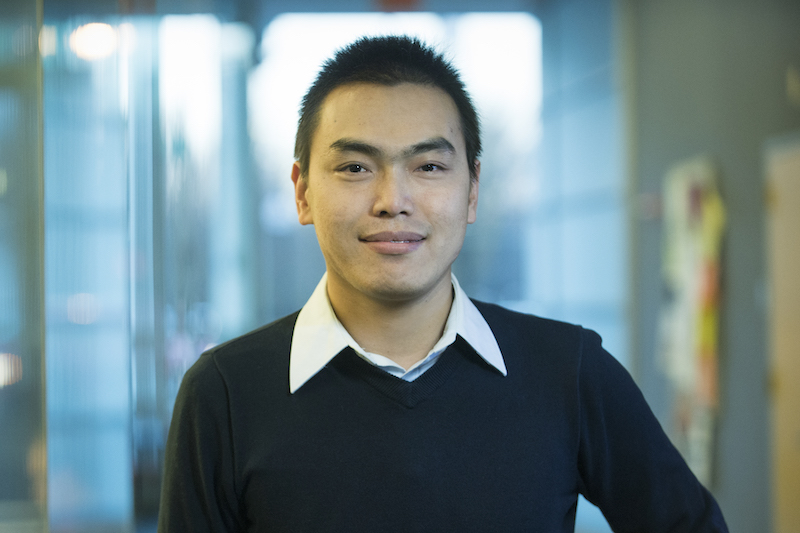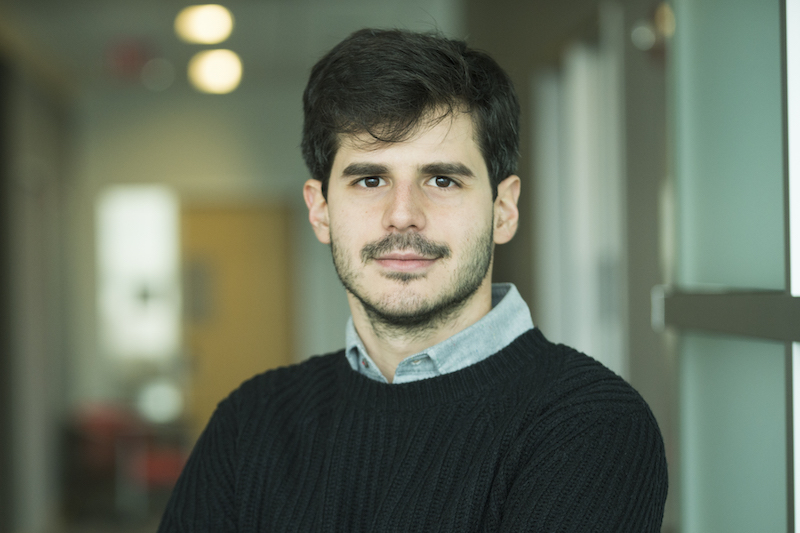Thomas Wahl
Affiliate Associate Professor

Research interests
- Reliability of complex and mission-critical computing systems
Education
- PhD in computer science, University of Texas at Austin
- MS in computer science, University of Texas at Austin
Biography
Thomas Wahl joined Northeastern University in 2011. He moved to Boston from Oxford University, where he was a research officer in the Computing Laboratory. Prior to Oxford, Wahl held a postdoctoral position at the Swiss Federal Institute of Technology (ETH) in Zurich.
Wahl's research concerns the reliability and security of complex and mission-critical computing systems. Two domains notorious for their fragility are concurrency and numerical computing. With colleagues, Wahl has developed leading algorithms and techniques that permit the automated analysis of concurrent software such as multi-threaded or data-parallel programs using rigorous formal techniques, which are able to track down unintuitive and nearly untestable program bugs.
He has also investigated the fragility of floating-point arithmetic code when run on heterogeneous or custom-made embedded platforms, or when accelerated using aggressive compiler optimizations. He is also interested in the impact of compiler code transformations on security "guarantees" made in high-level program representations such as source code.
Wahl has co-authored numerous publications on the verification of software. He also regularly serves on the program committees of leading conferences in the field of formal methods, such as computer-aided verification.
Labs and groups
Projects
-
-
Stabilizing Numeric Programs Against Platform Uncertainties
Lead PI: Thomas Wahl -
Automating Countermeasures and Security Evaluation Against Software Side-Channel Attacks
Lead PIs: Yunsi Fei, Yunsi FeiCo PI: Aidong Ding
Recent publications
-
SCADET: a Side-Channel Attack Detection Tool for Tracking Prime+Probe
Citation: Majid Sabbagh, Yunsi Fei, Thomas Wahl, and A. Adam Ding. 2018. SCADET: a side-channel attack detection tool for tracking prime+probe. In Proceedings of the International Conference on Computer-Aided Design (ICCAD '18). ACM, New York, NY, USA, Article 107, 8 pages. DOI: https://doi.org/10.1145/3240765.3240844 -
CUBA: Interprocedural Context-UnBounded Analysis of Concurrent Programs
Citation: Peizun Liu and Thomas Wahl. 2018. CUBA: interprocedural Context-UnBounded Analysis of concurrent programs. SIGPLAN Not. 53, 4 (June 2018), 105-119. DOI: https://doi.org/10.1145/3296979.3192419 -
Algebraic fault analysis of SHA-3
Citation: Pei Luo, Konstantinos Athanasiou, Yunsi Fei, and Thomas Wahl. Algebraic fault analysis of SHA-3. In Design Automation and Test in Europe (DATE), pages 151--156, 2017.



